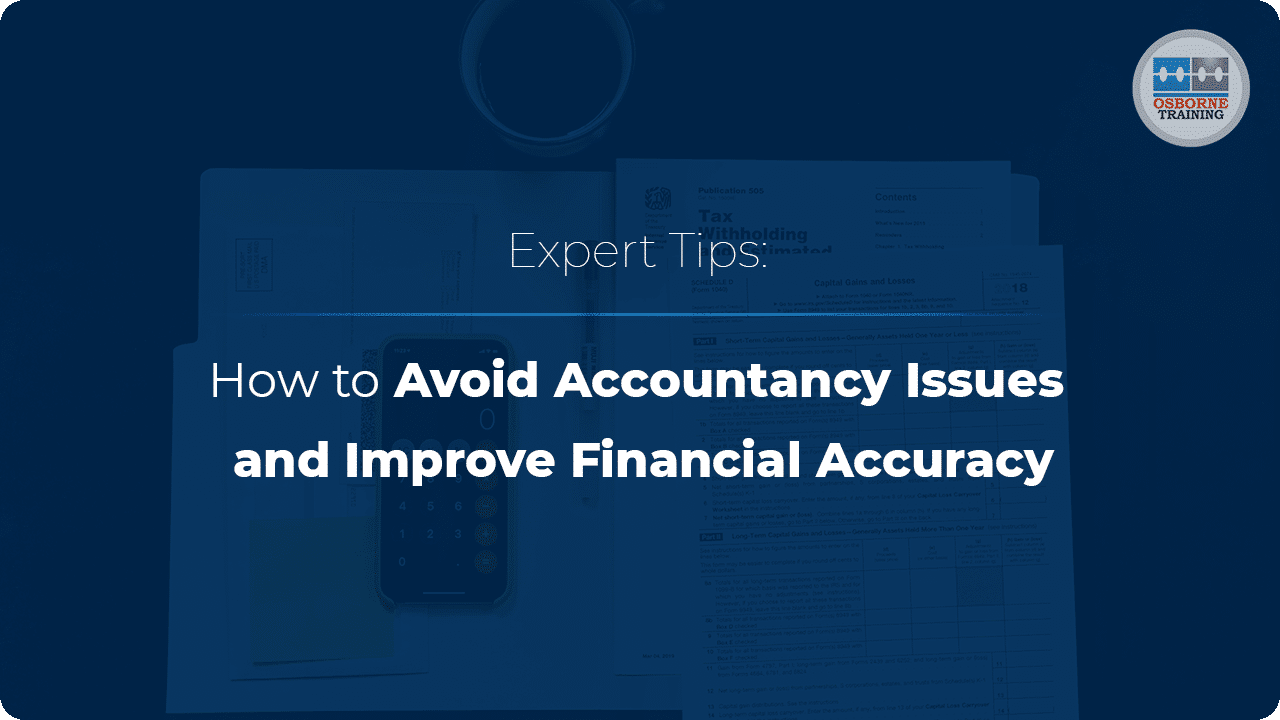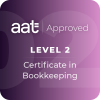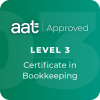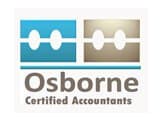
Expert Tips: How to Avoid Accountancy Issues and Improve Financial Accuracy
Accurate financial records are vital to a successful business. Good accountancy practices can help you make informed decisions, stay compliant with tax regulations, and prevent financial fraud.
However, despite your best efforts, accountancy issues can arise and cause serious problems for your business.
In this article, we’ll explore some common accountancy issues and provide expert tips on how to avoid them and improve your financial accuracy.
A. What do you mean by Accountancy Issues?
Accountancy issues refer to any problems or errors that occur during the accounting process.
These issues include data entry errors, miscalculations, and accounting mistakes.
While accountancy issues are common, they can have serious consequences for your business, including financial loss, legal penalties, and reputational damage.
B. What are Common Accountancy Errors
Here’re some accountancy problems that are commonly caused by human error or system glitches/malfunctions.
a. Data Entry Errors
Data entry errors occur when data is entered incorrectly into your accounting system.
b. Miscalculations
Miscalculations occur when mathematical errors are made during the accounting process.
c. Accounting Mistakes
Accounting mistakes are caused due to incorrect accounting practices used or when financial records are not managed correctly.
C. Tips to Avoid Accountancy Issues
a. Automate Data Entry
Automating data entry can help you avoid data entry errors by eliminating the need for manual data entry.
You can use software or tools to automatically import data from other systems, such as your bank account or point-of-sale system.
Automating data entry can also save you time and improve the accuracy of your financial records.
b. Double-Check Calculations
Double-checking calculations can help you avoid miscalculations by verifying that your calculations are correct.
You can double-check calculations manually or use software or tools to verify that your calculations are correct.
Double-checking calculations can also help you identify errors or inconsistencies in your financial records.
c. Review Financial Statements Regularly
Reviewing financial statements regularly can help you identify accounting mistakes and ensure that your financial records are accurate.
You should review your financial statements at least once a month to identify any errors or inconsistencies and make any necessary corrections.
Reviewing financial statements regularly can also help you identify trends or opportunities for improvement in your business.
D. Tools for Improving Financial Accuracy
a. Accounting Software
Accounting software can help you improve financial accuracy by automating tasks, such as data entry and calculations. You can use accounting software to manage your financial records, generate financial statements, and track expenses and income.
b. Cloud-Based Solutions
Cloud-based solutions provide you with secure access to your real-time financial records from anywhere, at any time.
You can use cloud-based solutions to manage your financial records, collaborate with your team, and share financial information with stakeholders.
c. Hiring a Professional Accountant
A professional accountant can provide you with expert advice on accounting practices, tax regulations, and financial management.
A professional accountant can also help you manage your financial records, generate financial statements, and ensure that your business is compliant with tax regulations and accounting standards.
d. Addressing Accountancy Issues in Your Organization
Addressing accountancy issues in your organization requires a proactive approach to identify and correct any issues that arise.
You should establish clear accounting policies and procedures, train your staff on best practices, and regularly review your financial records to identify any issues.
E. So, to conclude
Accountancy errors can have serious consequences for your business, but there are steps you can take to avoid them and improve financial accuracy.
You should automate data entry, double-check calculations, and review financial statements regularly.
You should also invest in training and professional development, use accounting software and cloud-based solutions, and consider hiring a professional accountant.
By taking these steps, you can ensure that your financial records are accurate and reliable, and help your business succeed.
Are you struggling with accountancy issues in your business? Consider our accountancy training courses to learn to improve financial accuracy and avoid costly mistakes.






